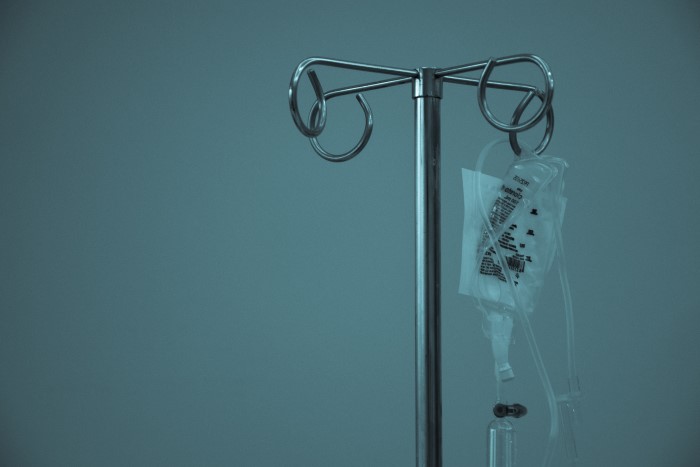
Hospital negligence can manifest in various forms with each exhibiting distinct characteristics. However, at its core,you typically experience hospital negligence when inadequate practices by your aides, nurses, doctors, or medical staff cause you a worsened health outcome. While some instances of hospital negligence may entitle you to compensation for your medical expenses and lost wages, they can also result in severe injuries, prolonged pain and suffering, and, in extreme cases, even death.
1. Your Doctor Admits to Making a Mistake
One of the clearest signs of hospital negligence is when your doctor admits to making a mistake that caused you harm. While this admission makes it easy for you to identify a malpractice, some doctors may be protected from their apology being used against them in a hospital negligence case. This is why knowing your rights and the signs of medical negligence can help you when you have a malpractice case on your hands.
Lawyers who specialize in hospital negligence cases from a reputable law firm like The Tinker Law Firm PLLC can help you evaluate your circumstance and gather evidence for your case. You may need to request copies of your medical records including the admission of mistakes by your doctor. While navigating the hospital negligence your doctor has admitted to, it’s important that you seek medical attention immediately to address any potential harm caused by the mistake.
2. Experiencing Poor Triage in the Emergency Room
When you arrive at the emergency room at your hospital, the doctors and nurses should assess your condition and injuries as fast as possible while prioritizing what health information is crucial and needs immediate attention. Unfortunately, in some instances, delays and negligence in a hospital’s emergency room can result in your condition getting worse.
Some emergency rooms may even have incompetent health care practitioners who may prioritize filling up unnecessary forms or making you wait at the expense of your worsening health condition. To build a clear case, try and collect any relevant medical records including, date, time, names of the staff involved, your prescriptions and any photos of your injuries if applicable.
3. Catching a Communicable Disease During Your Hospital Stay
Hospital staff are mandated to follow sanitary practices to prevent you from contracting any diseases or infections from the hospital setup while you are being cared for. If these hospital sanitary practices are not followed and you contract a new disease or infection, this could be considered as hospital negligence.
You may find that some hospitals don’t properly clean their machines and equipment leading you to contracting an infection that could be avoided by top hygiene practices. Collecting the relevant information about the conditions of your ward and tests and evaluations to confirm the source of the infection can help build you a strong case
4. Misdiagnosis and Wrong Prescriptions
One of the most common occurrences of medical malpractice is when you’re wrongly diagnosed and given the wrong treatment for your health condition. Your symptoms not matching the diagnosis and treatment you have received may be a sign of hospital negligence. While it’s important to follow your doctor’s orders because they know best about your health, it may be wise that you research, stay informed about your condition and seek a second opinion if you suspect a misdiagnosis.
Endnote
Hospital negligence cannot be taken lightly because of its consequences. If you or your loved one suspects that you may be a victim of a medical malpractice, it is important that you seek professional medical help before building up a case. When hospital negligence is identified early, it saves you from further harm or injury and can help your case be smoother and easier.







